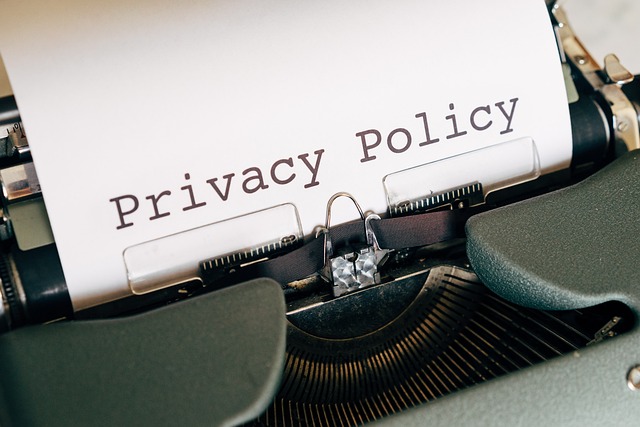The proliferation of social media over the past two decades has irrevocably changed how we connect, communicate, and share information. With platforms like Facebook, Twitter, Instagram, and TikTok dominating our daily lives, we have witnessed an explosion of data sharing and interaction. However, this convenience comes at a cost—our privacy and data security are often jeopardized, leading to an intense data protection debate.
Every time we log into social media, we share snippets of our lives: our thoughts, aspirations, locations, and images. We generate an astonishing amount of data, entertaining friends and followers while also contributing to a vast pool of personal information that corporations can analyze and utilize. From targeted advertising to recommendations based on our likes and dislikes, the impact of social media on our lives is profound. Yet, this convenience raises critical questions about who owns this data and how it should be protected.
The data protection debate is rooted in the tension between the desire for personalized online experiences and the need for safeguarding personal information. Social media companies often argue that they need access to our data to enhance user experience, creating tailored content and advertisements. However, users frequently feel blindsided when they find out how their information is harvested and monetized without explicit consent. Breaches of data privacy, like the infamous Cambridge Analytica scandal, cast a shadow on the integrity of social media platforms, underscoring the necessity for stringent data protection measures.
Additionally, the impact of social media on mental health cannot be overlooked in this debate. The pressure to curate a perfect online persona can lead to anxiety, depression, and a skewed sense of self-worth. Parents worry about the content their children encounter, while adults grapple with their digital footprints. The data protection debate intertwines personal experiences with broader societal implications, as we navigate the complexities of maintaining our identities in a hyper-connected world.
As the discussion around data protection evolves, legal frameworks must keep pace with advancements in technology. Governments and regulatory bodies around the world are grappling with how to legislate data usage on social media platforms while balancing innovation and consumer rights. The European Union’s General Data Protection Regulation (GDPR) has set a precedent, requiring transparency in data collection and empowering users with rights over their information. Yet, the challenge remains for other regions to implement similarly robust regulations that combat the often exploitative practices of data collection.
In this age of information overload, it’s essential for individuals to educate themselves about their digital rights and the implications of social media usage. From adjusting privacy settings to understanding the terms and conditions we often accept without reading, being proactive can significantly mitigate risks. Social media platforms also bear the responsibility of ensuring that their policies prioritize the protection of user data while fostering an environment of trust.
The data protection debate surrounding social media is complex and multifaceted, merging personal, societal, and legal aspects. As we continue to engage in this digital realm, striking the right balance between connectivity and privacy is paramount. Our challenge lies in advocating for a future where data protection takes precedence, allowing us to enjoy social media while confidently safeguarding our identities and personal information.




